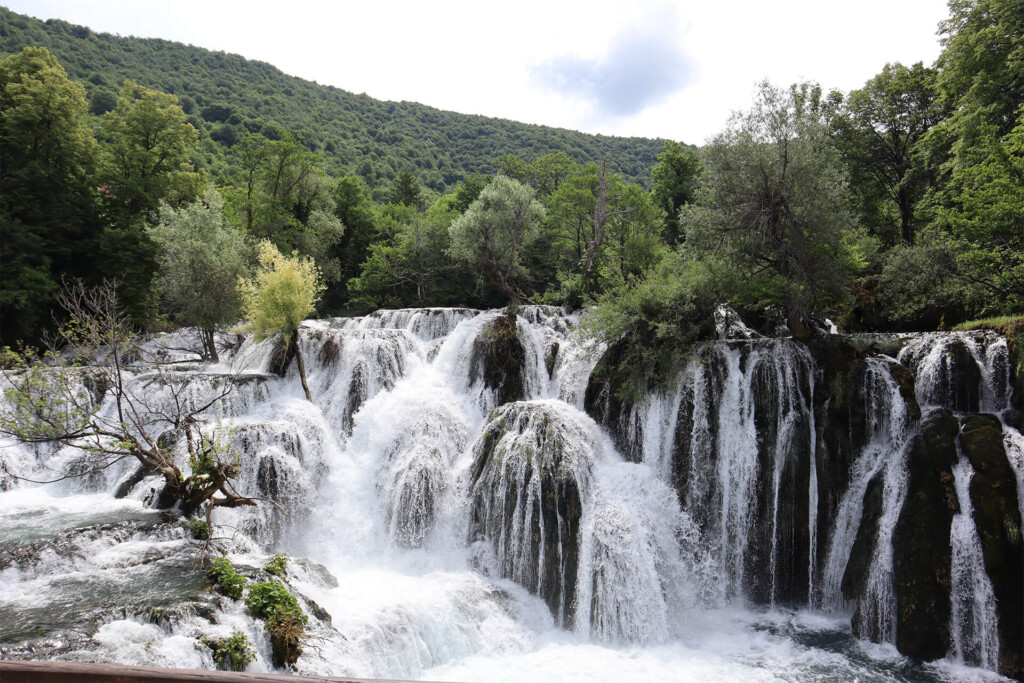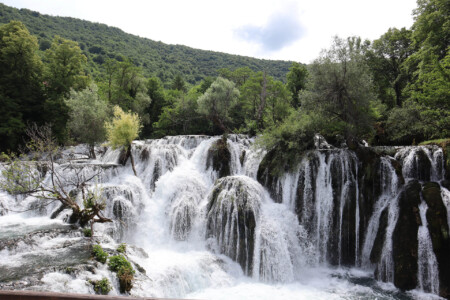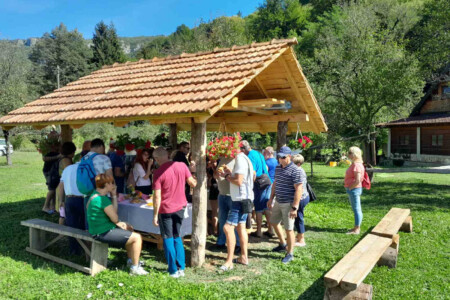Bihać is a city whose beauty and charm will simply overwhelm you. It has always been on an intersection of important roads, and because of this, the touch of the East and the West, the old and the new, is visible at every step and will provide the visitors, at the very least, with an interesting stay. There is no person who will remain indifferent to the well-known Krajina hospitality and cordiality.
Since the prehistoric era, the geographical position and adequate climatic conditions of the Bihać Area favored the settlement of this area. Already in the 8th century BC in the area of Bihać the tribes of Iapydes people settled, whose culture marked Bihać with exceptional values and artfacts. In the year 35 year BC the Romans conquered this area and joined Bihać to the so-called “The Roman province of Dalmatia” .
In the year 1260 Bihać becomes a free royal city by the decision of the Hungarian king Bela IV. with the right to engage in trade and craftsmanship, until 1592 when it falls under the Ottoman rule.
What makes Bihać the most famous is the natural beauty it abounds, so that for the nature lovers coming to Bihac will be like the love at first glance. The river that you first notice when you enter the city, the waterfalls that continue in the quiet, somewhat mysterious stream of the emerald river through the city surrounded by greenery, magically affects every visitor of this city. Therefore, cafes, restaurants and hotels inevitably gravitate towards the beautiful river Una. This is the perfect place to rest.

Passionately embraced by The Unac and The Una rivers, carefully hidden and preserved for ages there lies a unique settlement of natural magic called Martin Brod. Martin Brod harbours the largest complex of waterfalls in the Una National park, with once numerous watermills and bučnicas – natural washing mills.
The settlement emerged from the medieval town which was probably built by the end of the 14th or beginning of the 15th century at the confluence of the rivers Unac and Una, although there are historians who place this settlement back to 13th century. According to written document from 1396, there was a town called Konuba here. Than in 1431 the town was presented by the Hungarian king Sigismund to Nikola Frankopan.
Today, in Martin Brod there is an Orthodox monastery of Rmanj which is an important spiritual centre of the northern triborder ( Bosnia, Lika, Dalmatia). The oral tradition of local population tells of the Katarina Branković (1418 – 1492) as a town founder.


Don't have an account? Register
Do you already have an account? Log In
Please enter your username or email address. You will receive a link to create a new password via email.